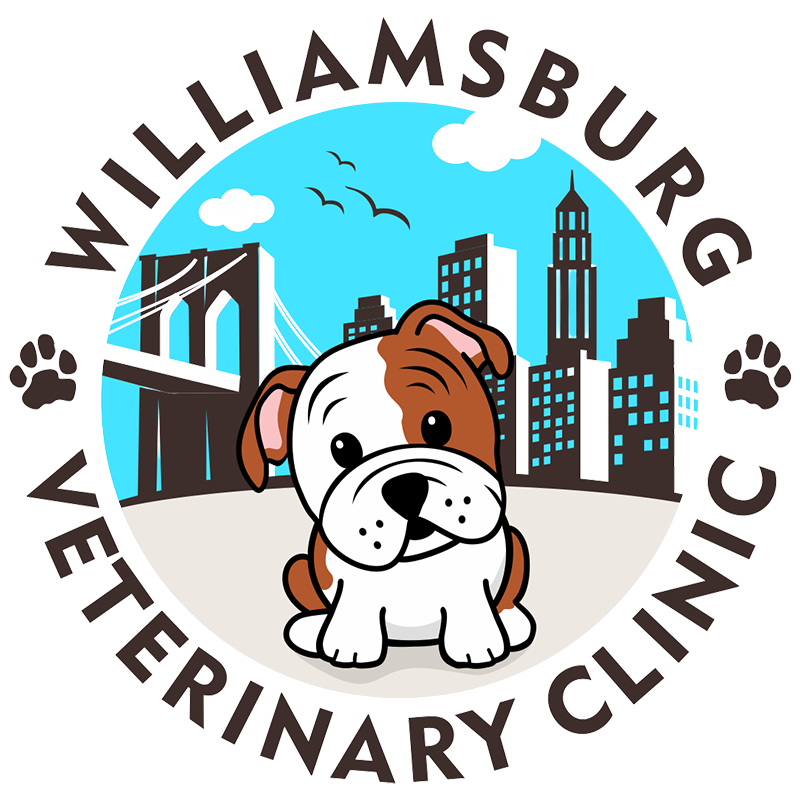Food Allergies and Doing a Strict Food Trial
Food AllergiesAnd Doing aStrict Food Trial
A food allergy is an abnormal immune reaction to food that may cause your pet to lick, chew, or scratch at their paws, skin, or ears. Food allergies may be limited to chronic ear infections or can cause full blown skin reactions. Some pets will have gastrointestinal signs such as chronic vomiting, soft stools or diarrhea, excessive gas, or frequent bowel movements. Often the offending ingredient in the food is the protein source (the antigen) that stimulates the immune response.
Food Allergies and Doing a Strict Food Trial
Old Diet
New Diet
Day 1
75%
25%
Day 2
75%
25%
Day 3
50%
50%
Day 4
50%
50%
Day 5
25%
75%
Day 6
25%
75%
Day 7
–
100%
It is important that all family members and friends know that your pet is on a special diet. Do not allow access to any food items outside the prescribed diet to maintain compliance.
Please let us know if your pet:
- Refuses to eat the new diet
- Has vomiting or diarrhea on the diet
- Appears to lose weight
- Goes more than three days without a bowel
movement
Do not hesitate to call us with any questions or concerns during your pet’s food trial. Schedule a recheck appointment with your veterinarian approximately 8 weeks after fully transitioning your pet to their new diet.
